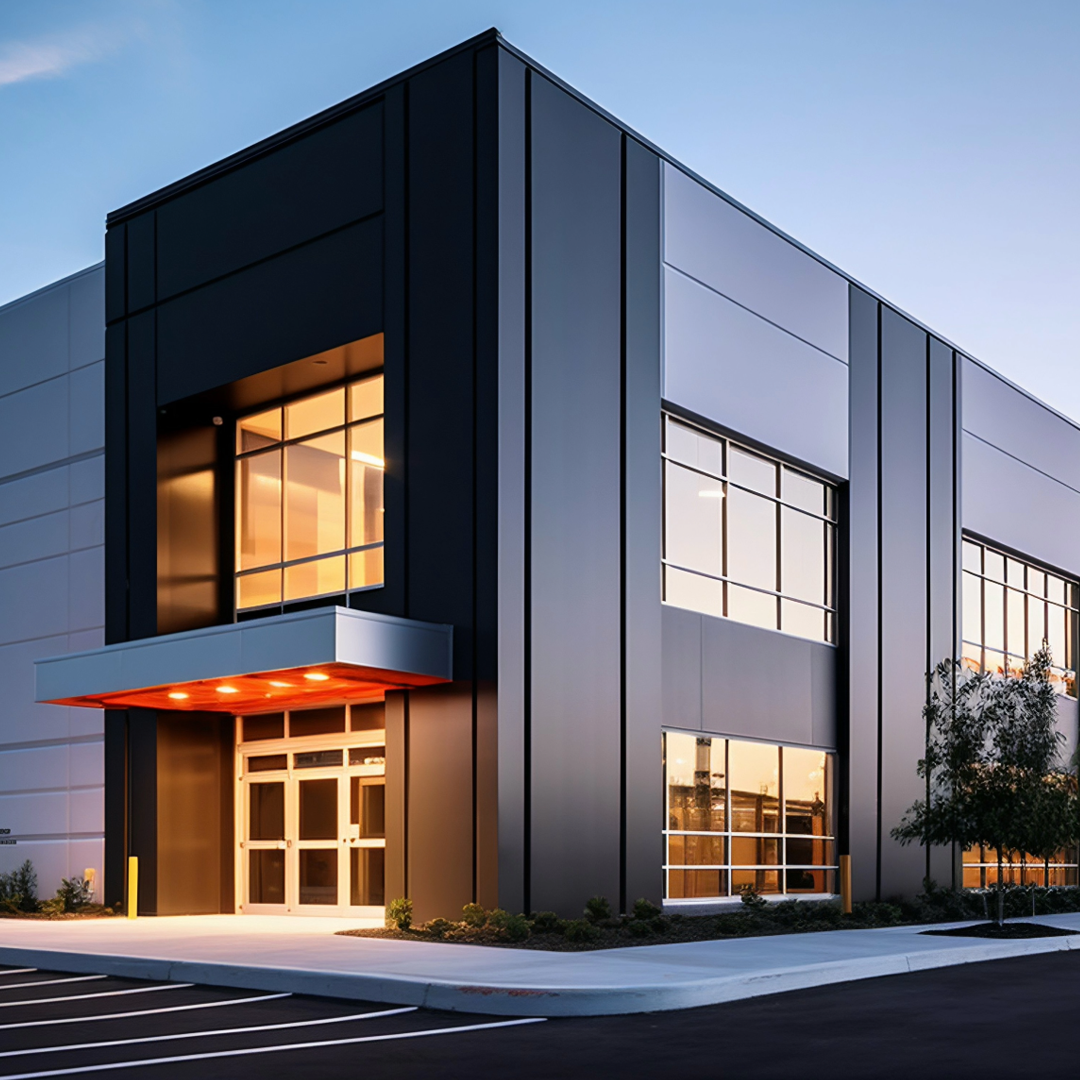Interactive training sessions led by experienced facilitators.
What is In-Person, Instructor-Led Training?
Our in-person training is delivered by a live facilitator who works directly with your team at your location. It’s our most popular format because it allows for real-time interaction, hands-on learning, and direct support.
Every session is tailored to your team’s specific goals, industry, and challenges—no generic, one-size-fits-all programs. Whether it’s a single session or a full training series, we design the experience to be relevant, practical, and fully aligned with your needs.
What is Live Webinar Training?
Live webinars are facilitator-led training sessions delivered online in real time. They’re ideal for teams working in different locations or with busy schedules.
This format offers shorter, more frequent sessions that are easy to coordinate—making it a convenient option for organizations with remote or distributed teams.
What is Virtual Classroom Training?
Virtual Classroom training is live, instructor-led training delivered online. It offers the same interactive experience as in-person sessions, with real-time discussions, group activities, and instructor feedback.
It’s a flexible option for organizations that want to reduce travel, save costs, or better fit training into busy schedules.
What is a Lunch & Learn Session?
Lunch & Learn sessions are short, facilitator-led training sessions delivered in person or online—typically during the lunch hour. They focus on specific topics or skills and offer a quick, engaging way to learn without a full-day commitment.
These sessions can be offered as one-time events or as part of a series, making them a great option for ongoing, bite-sized learning.
Online Learning
Enjoy our self-paced option and learn from anywhere!
$199.00 USD
Developing a High Reliability Organization
Today’s world is full of the unexpected. System failures, terrorism events, disease outbreaks, and superstorms disrupt businesses every day, sometimes to an unrecoverable point. Despite these challenges, some services (such as power plants, hospitals, and airports) have no choice but to continue operating.
This one-day course will explore how these organizations maintain high reliability even in times of serious crisis and stability. We will share their secrets in a way that can be applied to all organizations in order to create high reliability and continued success.
LEARNING OBJECTIVES
Learning Objectives
This one-day workshop will help you teach participants:
- Define the characteristics of a high reliability organization
- Define key concepts required for high reliability, including mindfulness and expectations
- Describe the five principles governing high reliability organizations: preoccupation with failure, resistance to simplification, sensitivity to operations, commitment to resilience, and deference to expertise
- Audit activities at all stages to assess the business’ reliability


COURSE OUTLINE
You will spend the first part of the day getting to know participants and discussing what will take place during the workshop. Students will also have an opportunity to identify their personal learning objectives.
What is a High Reliability Organization?
This session gives students a look at what a high reliability organization (HRO) is and what high reliability organizations have in common. This session also takes a look at the Deepwater Horizon oil rig disaster which is examined throughout the course.
Key Concepts
Once students have a grasp of what constitutes a high reliability organization this session takes it further and explores the key concepts for the fundamental principles of a high reliability organization. These concepts are discussed in depth and it is considered why they are important to these organizations. A case study allows students to apply the principles to a real-life situation.
The Anticipation Principles
The five keep principles of HROs are divided into two separate sections. The first section focuses on anticipating unexpected events and preparing for them. These principles are known as anticipation principles including: preoccupation with failure, resistance to simplification, and sensitivity to operations. These principles will be applied to the Deepwater Horizon disaster.
The Containment Principles
The containment principles follow upon the anticipation principles and act upon negative events that sometimes happen regardless of anticipation and preparation. These principles recognize this and give ways to mitigate the impact of these events. The principles of commitment to resilience and deference to expertise are explored here and are applied to Deepwater Horizon.
Auditing for High Reliability
This session takes students through a look at a few types of audits of HROs. Also provided are some sample questions to help students assess the presence of each of the high reliability principles in their organizations. A case study is also considered to practice applying a basic auditing technique.
Test Driving
In this session students are presented with an in-depth case study which allows them to reflect upon all the principles and practices illustrated in this course.
Workshop Wrap-Up
At the end of the course, students will have an opportunity to ask questions and fill out an action plan.


















